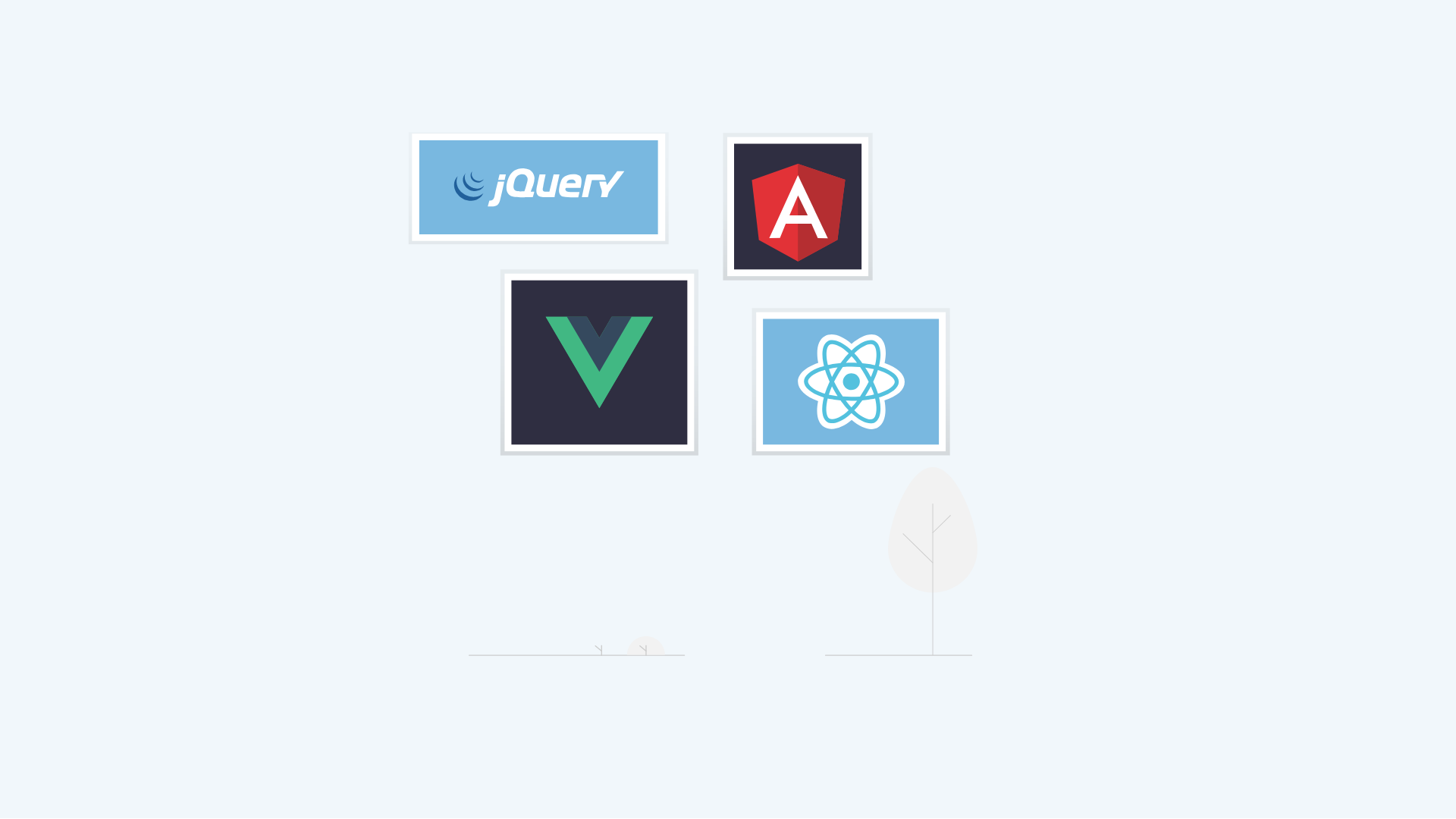
Top Mobile App Development Frameworks in 2024
3 min read
Choosing the right mobile app development framework is crucial for building high-quality, efficient, and user-friendly mobile applications. With numerous frameworks available, it can be challenging to select the one that best fits your project needs. In this blog, we’ll explore the top mobile app development frameworks for 2024, highlighting their features, advantages, and ideal use cases.
React Native
Overview: React Native, developed by Facebook, is a popular open-source framework for building mobile applications using JavaScript and React. It allows developers to create cross-platform apps with a single codebase, significantly reducing development time and cost.
Key Features:
- Cross-Platform Development: Write once, run on both iOS and Android.
- Hot Reloading: Immediate feedback during development.
- Large Community: Extensive resources, plugins, and community support.
Advantages:
- Faster development and deployment.
- Reusable components for consistent performance.
- Easy to learn for developers familiar with React.
Flutter
Overview: Flutter, developed by Google, is an open-source UI toolkit for building natively compiled applications for mobile, web, and desktop from a single codebase. It uses the Dart programming language and provides a rich set of pre-designed widgets.
Key Features:
- Single Codebase: Develop for iOS, Android, web, and desktop with one codebase.
- Hot Reload: See changes instantly during development.
- Rich UI Components: Extensive library of customizable widgets.
Advantages:
- High performance due to direct compilation to native code.
- Beautiful and consistent UI across platforms.
- Strong community and extensive documentation.
Ideal Use Cases:
- Complex UIs and custom designs.
- Apps requiring high performance and smooth animations.
Xamarin
Overview: Xamarin, owned by Microsoft, is a popular framework for building cross-platform mobile applications using C# and .NET. It allows developers to share a significant portion of their code across platforms, ensuring a consistent experience.
Key Features:
- Code Sharing: Share up to 90% of code across platforms.
- Native Performance: Access to native APIs for iOS and Android.
- Integrated Development Environment: Seamless integration with Visual Studio.
Advantages:
- Strong performance with native look and feel.
- Mature framework with extensive documentation.
- Access to a wide range of libraries and tools.
Ideal Use Cases:
- Enterprise applications requiring robust performance and security.
- Apps with complex business logic and integration with Microsoft services.
Swift
Overview: Swift is a powerful and intuitive programming language developed by Apple for building iOS, macOS, watchOS, and tvOS applications. It offers modern features and performance optimizations.
Key Features:
- Native Development: Full access to Apple’s ecosystem and APIs.
- Safety and Performance: Designed for safety, with modern syntax and high performance.
- Interoperability: Seamlessly integrates with existing Objective-C code.
Advantages:
- Optimized for Apple’s platforms, ensuring high performance.
- Strong community and extensive resources.
- Modern language features for efficient development.
Ideal Use Cases:
- iOS applications requiring high performance and advanced features.
- Apps deeply integrated with Apple’s ecosystem.
Kotlin
Overview: Kotlin, developed by JetBrains, is the preferred language for Android development, officially supported by Google. It is a modern, statically typed programming language that enhances productivity and developer satisfaction.
Key Features:
- Interoperability: Fully interoperable with Java.
- Safety: Null safety features to reduce common programming errors.
- Concise Syntax: Reduces boilerplate code, making development faster.
Advantages:
- Seamless integration with existing Android projects.
- Improved code readability and maintainability.
- Growing community and support from Google.
Ideal Use Cases:
- Android applications requiring robust performance and modern features.
- Apps transitioning from Java to a more modern language.
Conclusion
Choosing the right mobile app development framework depends on your project requirements, target audience, and development resources. Whether you need cross-platform capabilities, high performance, or deep integration with specific platforms, there is a framework suited to your needs.
At Complitech, we specialize in building high-quality mobile applications using the latest frameworks and technologies. Contact us today to discuss your project and find the best solution for your mobile app development needs.
Please feel free to reach out to us if you have any questions or require a customized business solution.
 Back
Back
